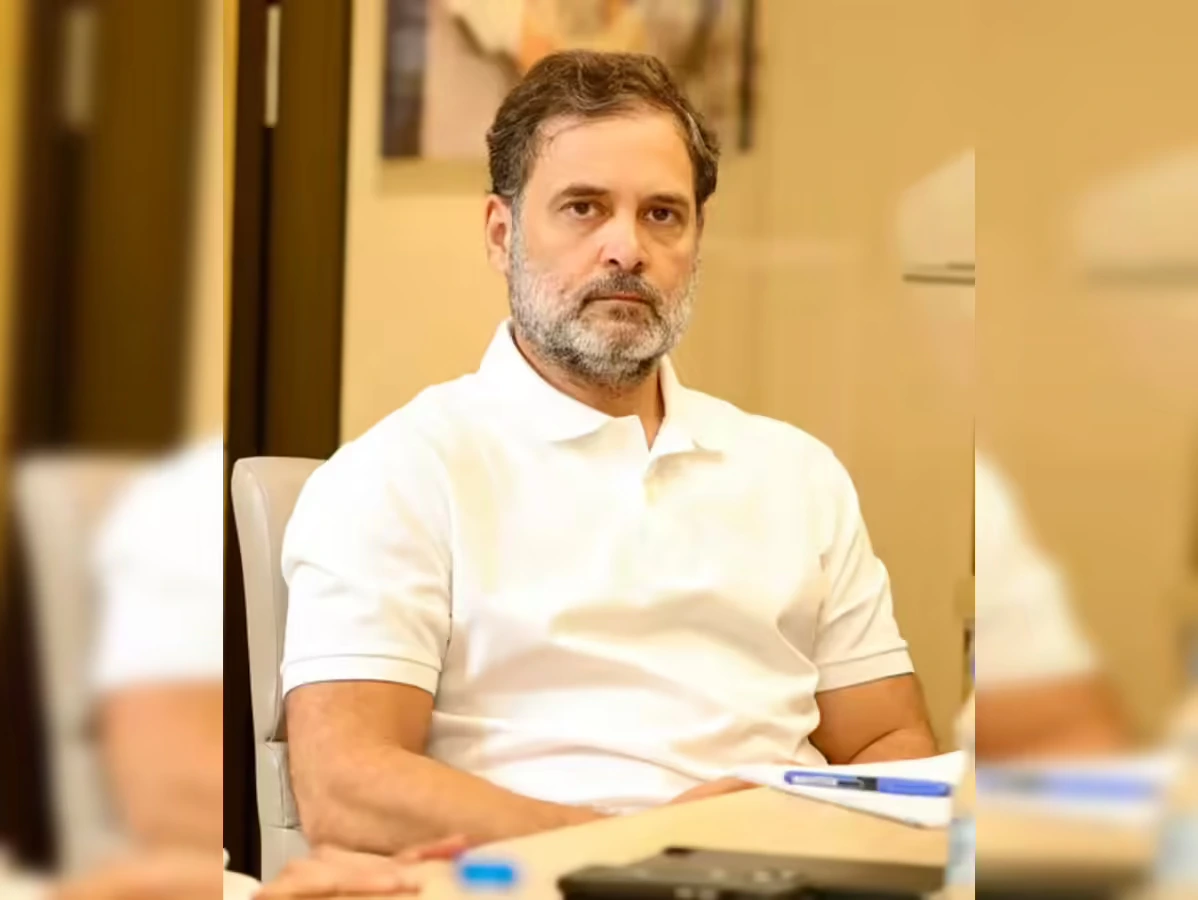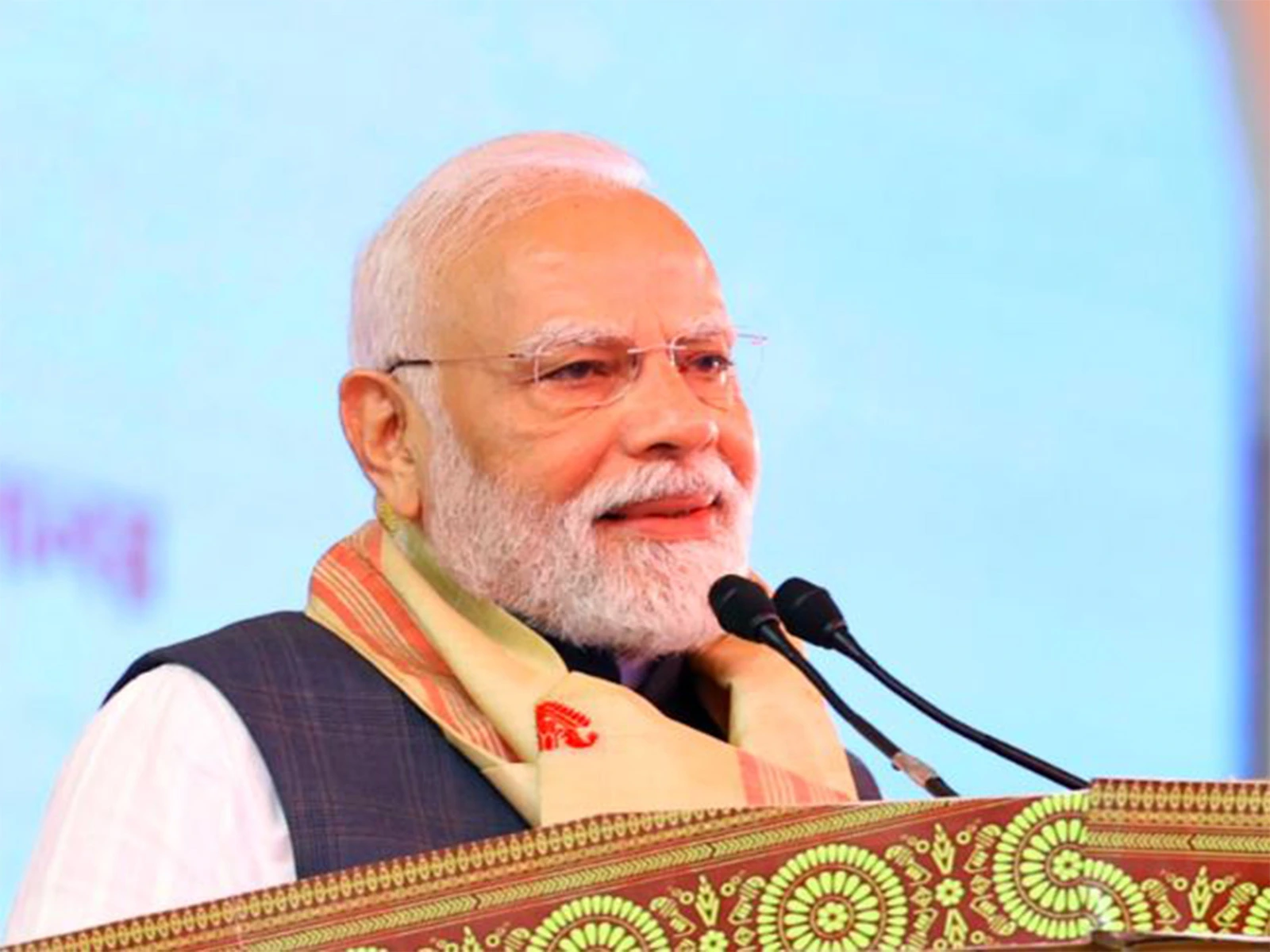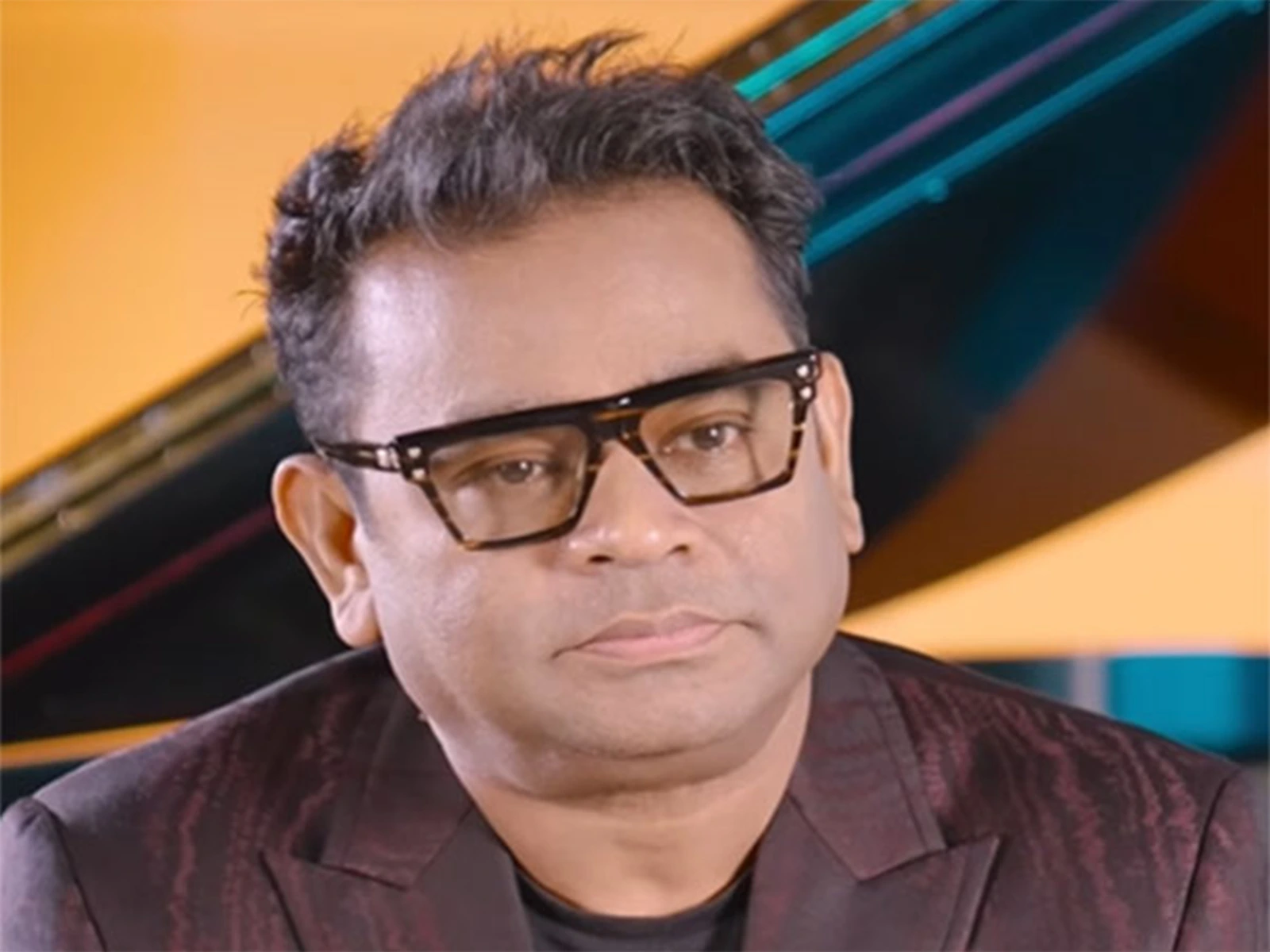09-july-2025,01:00 PM In a powerful political statement against what is being termed as “manipulative electoral tactics”, Congress leader Rahul Gandhi, alongside RJD leader Tejashwi Yadav, spearheaded a massive protest on the streets of Patna under the banner of ‘Bihar Bandh’. The bandh was a response to the recent alleged irregularities and changes in the electoral rolls of Bihar, which opposition parties claim are deliberate moves to disenfranchise certain voter groups ahead of the upcoming elections.
Thousands of supporters joined the bandh, bringing life in parts of Patna and other major districts of Bihar to a standstill. The issue has rapidly gained traction, with Rahul Gandhi accusing the NDA government of trying to manipulate democratic processes.
Rahul Gandhi : Role in the Bihar Bandh Movement
Rahul Gandhi : Standing at the Forefront of Opposition Unity
Rahul Gandhi’s presence in the protest highlights the Congress Party’s strategic focus on Bihar as a key battleground state in the lead-up to the 2026 general elections. Addressing the crowd in central Patna, Gandhi accused the ruling coalition of “murdering democracy with a penstroke” by allegedly altering voter rolls to reduce representation from Dalit, backward caste, and minority communities.
“Democracy is being weakened by design. We won’t let this go unchallenged,” said Rahul Gandhi during his speech, standing shoulder-to-shoulder with Tejashwi Yadav and senior leaders from the Mahagathbandhan alliance.
Rahul Gandhi : Mobilizing Grassroots Support
Unlike previous symbolic protests, this Bihar Bandh involved widespread participation from youth wings, student organizations, farmer unions, and civil rights groups. Rahul Gandhi met with several local leaders and activists in the days leading up to the bandh to ensure that the movement was well-coordinated and peaceful.
Sources close to the Congress leadership say that Gandhi personally supervised the campaign strategy, focusing on amplifying voices from Bihar’s marginalized communities, who fear they are being left out of the revised voter list.
The Trigger: Controversy Over Electoral Roll Revisions
Allegations of Deliberate Voter Deletion
The primary grievance fueling the bandh centers around recent updates made to the electoral rolls by Bihar’s Election Commission. The opposition alleges that lakhs of names—mostly belonging to economically weaker sections and minorities—have been mysteriously removed or marked as “invalid.”
Rahul Gandhi and his allies argue that this is a clear case of electoral engineering, designed to benefit the ruling NDA. During the press briefing, Gandhi referred to data from various districts indicating disproportionate removal of Muslim and Dalit voters, calling it “modern-day disenfranchisement.”
EC Response and NDA Counterclaims
The Election Commission has denied these allegations, stating that the electoral roll updates are part of routine administrative processes conducted under strict guidelines. Officials claimed that the deletions are due to duplication, deaths, or migration of voters.
However, Rahul Gandhi has rejected this explanation. “When administrative processes begin to reflect political biases, democracy itself is in danger,” he said, urging the EC to conduct a transparent and independent audit of the revisions.
Bihar Bandh: A Statewide Movement With National Implications
Impact on Daily Life and Governance
The bandh saw widespread participation across Bihar. Schools, colleges, markets, and public transportation were shut down in several districts including Patna, Gaya, Muzaffarpur, and Bhagalpur. Though largely peaceful, minor scuffles were reported between protesters and police in select areas. Authorities detained several protestors for blocking highways and railway tracks.
The Bihar Bandh received support from major opposition parties, including the Left Front, Samajwadi Party, and Trinamool Congress, further highlighting Rahul Gandhi’s growing role in uniting non-BJP forces across India.
Tejashwi Yadav Joins Hands With Rahul Gandhi
RJD leader and former Deputy CM Tejashwi Yadav hailed Rahul Gandhi as a “true people’s leader” during the protest. “Together we are fighting to save the Constitution, the vote, and the voice of Bihar,” Yadav declared. The joint appearance by these two young leaders is being seen as a symbol of generational and ideological unity in the opposition ranks.
Observers believe that this strategic alliance may evolve into a larger pre-poll coalition, potentially reshaping electoral equations in Bihar and beyond.
Rahul Gandhi’s Larger Strategy Ahead of 2026
Positioning as a Champion of Electoral Integrity
In recent months, Rahul Gandhi has increasingly focused his political messaging around the protection of democratic institutions. From raising concerns over EVM tampering to now questioning electoral roll revisions, Gandhi is positioning himself as the flag-bearer of electoral transparency and fairness.
Sources from within the Congress party indicate that Gandhi is expected to tour multiple states in the coming weeks, building momentum against what the opposition calls the BJP’s attempts to “hijack democracy.”
Social Media and Public Engagement
The Bihar Bandh also trended across social media, with hashtags like #SaveDemocracy, #RahulGandhiInBihar, and #BiharBandh gaining traction. Rahul Gandhi’s social media team released several videos showing ground reports from affected voters, which were widely shared across platforms.
The Congress also launched a dedicated microsite collecting testimonials from voters whose names were removed, a move designed to build digital awareness and credibility.
Conclusion: Bihar Bandh as a Wake-Up Call
The Bihar Bandh, led by Rahul Gandhi and Tejashwi Yadav, signals a growing political storm in one of India’s most politically sensitive states. With the integrity of voter lists under the scanner, the protest marks a significant escalation in opposition tactics and raises critical questions about the future of free and fair elections in India.
As Rahul Gandhi continues to challenge electoral processes and align opposition voices, the events in Patna may well be remembered as the beginning of a much broader democratic pushback.
Source : ANI




